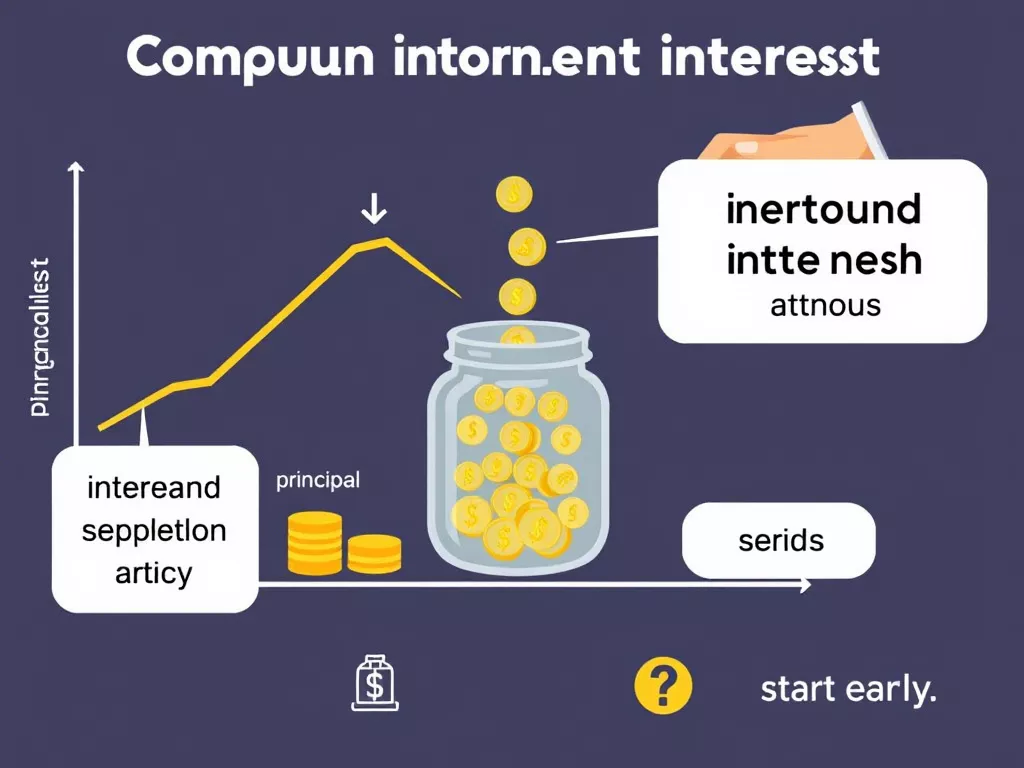
Who hasn't found themselves in a difficult situation with debt? It could be that credit card that maxed out or that unexpected payment that weighed on your pocket.
The problem is that, when we don't deal with these situations quickly, they can turn into a real nightmare for your credit score – after all, it's the financial market's main thermometer for assessing your responsibility as a consumer.
But what if you knew how to negotiate your debts before that happens? In this article, we'll explore simple and effective strategies to get your financial life back on track without compromising your future. Keep reading to find out how to escape this trap!
Debt negotiation may seem intimidating at first, but it's actually an opportunity to regain control over your finances. When you proactively contact creditors, you demonstrate responsibility and increase your chances of achieving better terms to settle your debts.
Imagine this situation: you owe R$2,000 on a high-interest credit card. Instead of ignoring the bill and watching the interest pile up month after month, why not try to renegotiate the balance directly with the bank? Many financial institutions offer significant discounts or affordable installment plans for those who seek to resolve the issue with maturity.
Furthermore, by negotiating quickly, you prevent the debt from being sent to legal collection or registered with credit protection agencies, which seriously damages your credit score.
Tip: Always keep a record of all negotiations with your creditors. This includes emails, receipts, and even audio recordings of phone conversations (if permitted).
Now that you understand the importance of negotiating your debts, let's dive into the practices that actually work:
Before anything else, make a detailed assessment of your debts. How much do you owe? What interest rates are applied? What is the remaining term? Having this information clearly strengthens your position during negotiations.
Call the company's customer service department or visit a bank branch in person. Explain your situation honestly and demonstrate your willingness to pay. Phrases like "I want to honor my commitment, but I need more flexible terms" often work.
Don't be afraid to suggest alternatives! Some examples include:
Real Example: João owed R$1,000 on a payroll loan. After negotiating directly with the bank, he managed to reduce the total amount to R$1,500 and even get a longer repayment term. The result? Less stress and immediate savings.
Your credit score is essentially a number that reflects your creditworthiness as a payer. It ranges from 0 to 1,000 points and influences important decisions, such as loan approval, credit card limits, and even rental agreements.
When you pay your bills on time, your score tends to gradually improve. However, repeated late payments or unresolved debts can dramatically lower this score. The good news is that actively negotiating your debts can mitigate some of this impact.
Curiosity: Each time you settle a debt, it's removed from your negative credit history after up to five years. This means you're gradually clearing your name!
Nowadays, there are several digital tools available to help you manage your debt and improve your financial health. Some options include:
Platforms like Mobills, GuiaBolso, and Meu Dinheiro make it easier to track your income and expenses, as well as alert you about payment deadlines.
Initiatives such as Trade Easy and the Clear Name allow you to renegotiate debts directly online, without having to face queues or bureaucracy.
If your debts are particularly complex, consider seeking professional help. A financial advisor can analyze your situation and propose personalized solutions.
We conclude this article with an important reflection: dealing with debt can be challenging, but it's also an opportunity for growth. By adopting a proactive approach and utilizing the strategies discussed here, you'll be taking concrete steps toward financial freedom.
And remember: every small victory counts. Paying off a debt, no matter how small, is cause for celebration. With discipline and organization, you can rebuild your credit score and open doors to new possibilities in the future.
Negotiating debt before it affects your credit score isn't just a practical matter; it's an investment in your peace of mind and financial well-being. By following the guidelines outlined in this article, you'll have solid tools to face this challenge with confidence.
So, what's the next step? Will you keep procrastinating or take action now? Leave a comment below sharing your experience or share this article with someone who needs this guidance. Together, we can build a more aware community prepared to overcome financial adversity.
Your journey starts today!